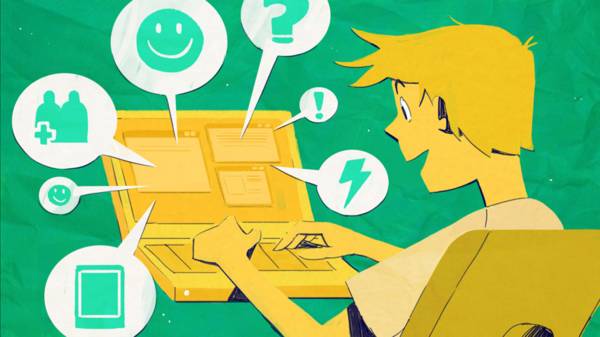
Safeguarding Ghana's children in the online age
In the ever-evolving landscape of technology, where the internet has become an integral part of our lives, it is imperative that we focus our attention on safeguarding the most vulnerable among us—our children.
The digital age has introduced remarkable opportunities for education, communication, and entertainment, but it has also unveiled a new realm of concerns that transcend geographical boundaries. As Ghana's youth venture into the vast expanses of the online world, it is crucial that we arm them with the tools to navigate this uncharted territory securely.
In Ghana, as in many parts of the world, our children are exploring the virtual world with an insatiable curiosity. This exploration, however, introduces them to a diverse spectrum of content, communities, and individuals—some of whom may harbour malicious intentions.
To navigate this complex and sometimes treacherous digital landscape, empowering our children with the ability to discern potential dangers and make informed decisions is of paramount importance.
Education emerges as the bedrock of child online protection. Just as we teach our children to look both ways before crossing the street, we must provide them with the skills to identify digital hazards and make responsible choices in the online realm.
Integrating digital literacy into our educational curricula will empower them to critically evaluate information, identify online threats, and uphold ethical conduct. This approach not only instils a sense of accountability but also fortifies their resilience against challenges such as cyberbullying, misinformation, and inappropriate content.
Education, however, is only one facet of the solution. As technology advances, we must encourage active involvement from parents and industry stakeholders. Implementing parental controls and content filtering tools is pivotal in shielding our children from harmful material and overseeing their online activities.
Yet, fostering open lines of communication between parents and children is equally essential. Parents should assume the role of digital mentors, leading by example and demonstrating responsible online behaviour.
Moreover, Ghana's technology industry bears a considerable responsibility in ensuring child online protection. Platforms catering to children or with a significant child user base must enforce stringent safety measures that prioritise privacy, security, and age-appropriate content.
Collaboration among technology companies, educators, policymakers, and child welfare organisations is vital to establish a comprehensive framework that safeguards the rights and security of young internet users.
Legislation, too, must adapt to the digital age. Governments in Ghana and beyond should enact laws that address online threats to children and hold offenders accountable. A comprehensive approach involves not only punitive measures but also preventive initiatives that raise awareness about potential risks and foster a culture of responsible digital citizenship.
Let us unite our efforts to usher in an era where the promise of the internet is accessible to all, without compromising the safety of those who stand to gain the most—and have the most to lose. Ghana's children deserve nothing less than a digital landscape that promotes growth, learning, and security.
